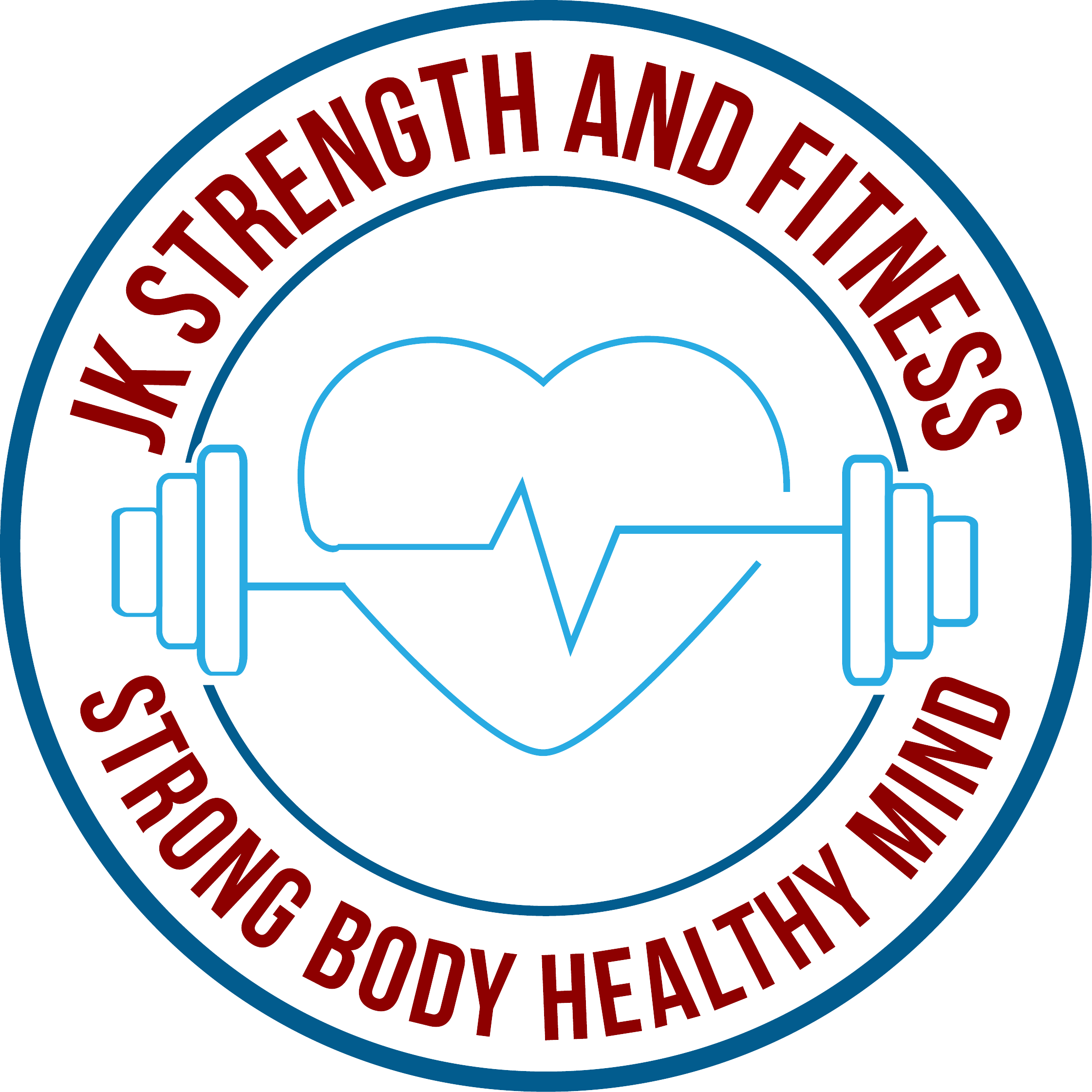Understanding Dementia: A Brief Overview
Dementia, a term encompassing various cognitive impairments, affects millions worldwide and poses significant challenges to individuals and healthcare systems. The gradual loss of memory, reasoning, and communication skills in dementia can greatly impact a person’s quality of life. Understanding the complexities of dementia is crucial in exploring preventive strategies to mitigate its effects.
While genetics and age play significant roles in dementia development, lifestyle factors, including physical activity, are increasingly recognized as influential contributors. Research suggests that adopting a holistic approach to health, encompassing exercise, nutrition, mindfulness, and social engagement, can be beneficial in protecting cognitive function.
By delving into the intricate mechanisms that underpin dementia, researchers and healthcare professionals strive to enhance prevention and intervention strategies. The multifaceted nature of dementia necessitates a comprehensive understanding to develop effective approaches that address its various dimensions.
The Impact of Physical Activity on Brain Health
Physical activity, often regarded as a cornerstone of overall well-being, exerts profound effects on brain health. Engaging in regular exercise not only enhances physical fitness but also supports cognitive function. The brain thrives on stimulation, and exercise provides a dynamic environment for optimal brain performance.
A key aspect of physical activity’s impact on brain health lies in its ability to boost neuroplasticity—the brain’s capacity to adapt and reorganize. Through exercise, individuals can potentially fortify neural connections, bolster memory retention, and foster cognitive resilience against age-related decline.
Moreover, physical activity acts as a natural mood enhancer, releasing endorphins that combat stress and anxiety. By promoting a positive mental state, exercise contributes to overall brain health and emotional well-being. These interconnected benefits highlight the profound relationship between physical activity and cognitive vitality.
Exploring the Role of Exercise in Dementia Prevention
When addressing dementia prevention, exercise emerges as a proactive and promising avenue. Regular physical activity is linked to improvements in vascular health, which, in turn, benefit brain function. By enhancing blood circulation and oxygen delivery to the brain, exercise creates an environment conducive to cognitive well-being.
The neuroprotective effects of exercise extend beyond mere physical fitness, encompassing neurogenesis—the generation of new neurons—and neuroplasticity. These processes contribute to building cognitive reserve, a cognitive resilience that can mitigate the impact of neurodegenerative conditions like dementia.
In the realm of dementia research, the exploration of exercise interventions as preventive measures continues to yield promising results. By promoting brain health through physical activity, individuals can potentially enhance their cognitive vitality and reduce the risk of cognitive decline in later life.
Types of Exercises Beneficial for Cognitive Function
Diverse forms of exercise offer unique benefits for cognitive function and overall brain health. Aerobic exercises, characterized by sustained moderate to high-intensity activities, have been shown to enhance memory, attention, and executive functions. From brisk walks to cycling, these activities stimulate brain areas essential for cognitive processes.
Strength training exercises, focusing on building muscle strength and endurance, play a vital role in maintaining physical independence and cognitive vitality. By challenging the body’s musculature, individuals can bolster their motor skills and cognitive resilience, crucial elements in dementia prevention.
Incorporating balance and flexibility exercises, such as yoga and tai chi, can enhance spatial awareness and coordination while fostering relaxation and stress reduction. The mind-body connection promoted by these activities not only benefits physical well-being but also nurtures cognitive health through mindfulness practices.
Socially engaging exercises, involving group activities or team sports, offer a holistic approach to fitness that combines physical exertion with social interaction. These endeavors not only promote cardiovascular health but also boost mental well-being by fostering social connections and emotional support networks.
The Connection Between Nutrition and Brain Health
In conjunction with exercise, proper nutrition plays a pivotal role in brain health and cognitive function. Essential nutrients, such as omega-3 fatty acids, antioxidants, and vitamins, support neuronal health and synaptic transmission. A balanced diet rich in fruits, vegetables, whole grains, and lean proteins provides the foundation for cognitive vitality.
Hydration is another critical aspect of brain function, as water intake influences cognitive performance and concentration. Maintaining adequate hydration levels ensures optimal brain function and supports overall well-being. The synergy between nutrition and physical activity creates a robust framework for brain health and cognitive resilience.
Incorporating Mindfulness and Stress Reduction in a Holistic Approach
Mindfulness practices, characterized by present-moment awareness and non-judgmental acceptance, offer profound benefits for cognitive health. By cultivating mindfulness through meditation, deep breathing, or yoga, individuals can reduce stress, enhance focus, and improve emotional regulation. These practices complement physical exercise in promoting holistic well-being.
Chronic stress, a known risk factor for cognitive decline, can impair memory, attention, and decision-making processes. By integrating stress-reducing techniques into daily routines, individuals can mitigate the detrimental effects of stress on brain health and bolster their cognitive reserve. The synergy between mindfulness, exercise, and stress reduction creates a comprehensive approach to cognitive well-being.
Social Engagement: An Essential Component of Dementia Prevention
Social engagement plays a pivotal role in promoting brain health and reducing the risk of cognitive decline. Meaningful social interactions, whether through community activities, volunteering, or group fitness classes, stimulate cognitive functions and emotional well-being. Building and maintaining social connections are essential components of a holistic approach to dementia prevention.
Loneliness and social isolation have been associated with an increased risk of dementia and cognitive impairment. By fostering social relationships and participating in group settings, individuals can enhance their mental acuity, emotional resilience, and overall quality of life. The supportive networks established through social engagement serve as protective factors against cognitive decline.
Maintaining Consistency and Motivation in Holistic Fitness Practices
Sustaining a holistic fitness regimen requires consistency, motivation, and adaptability. Establishing a routine that encompasses various exercise modalities, nutritional considerations, mindfulness practices, and social interactions is key to long-term success in cognitive health maintenance.
Maintaining motivation in holistic fitness practices involves setting achievable goals, tracking progress, and celebrating milestones. By acknowledging the incremental benefits of each workout session or mindful practice, individuals can stay motivated and committed to their cognitive well-being journey. Consistency in prioritizing both physical and mental health creates a foundation for lifelong brain resilience and vitality.
Adapting fitness routines to suit individual preferences, physical capabilities, and schedules is essential for ongoing engagement and adherence. Flexibility in incorporating diverse activities, such as outdoor walks, strength training, meditation, and group classes, ensures that holistic fitness remains enjoyable, rewarding, and sustainable over time.




